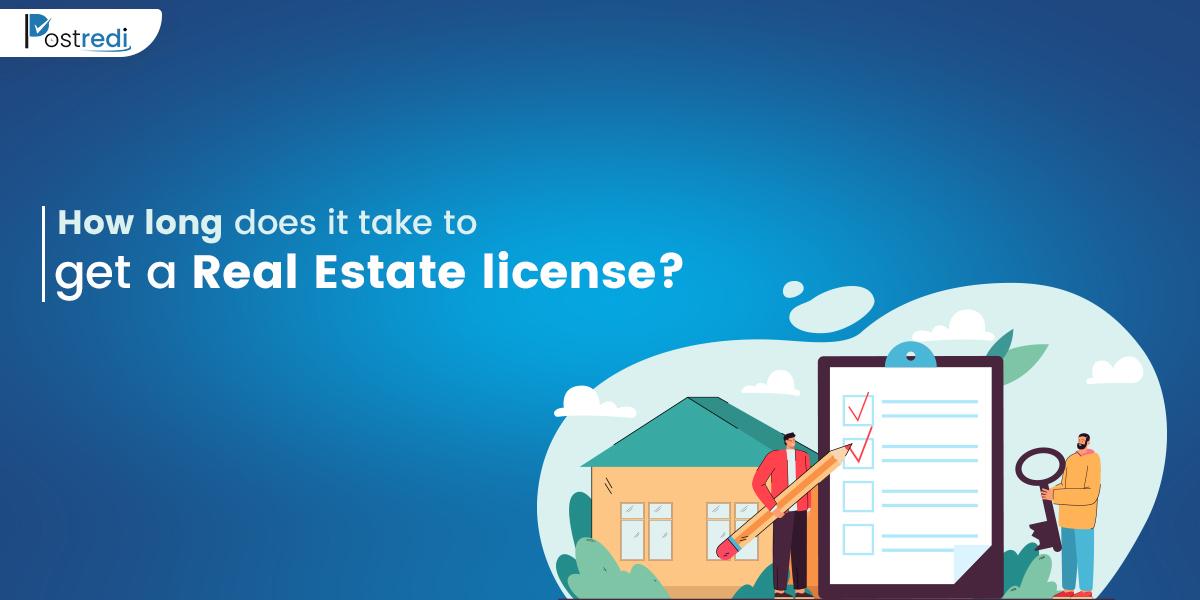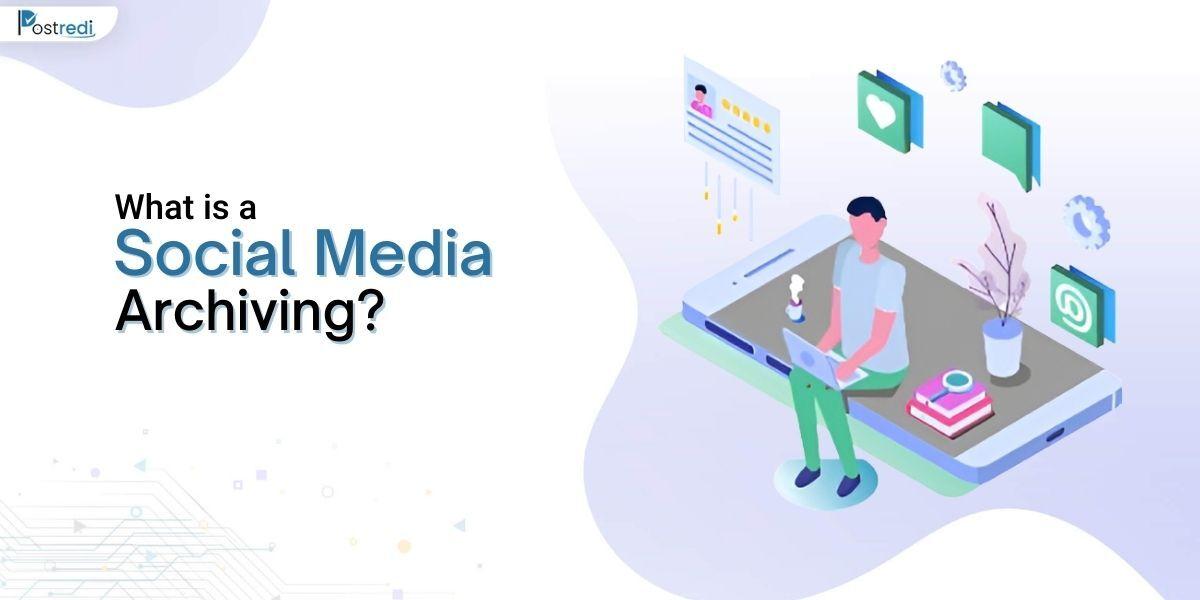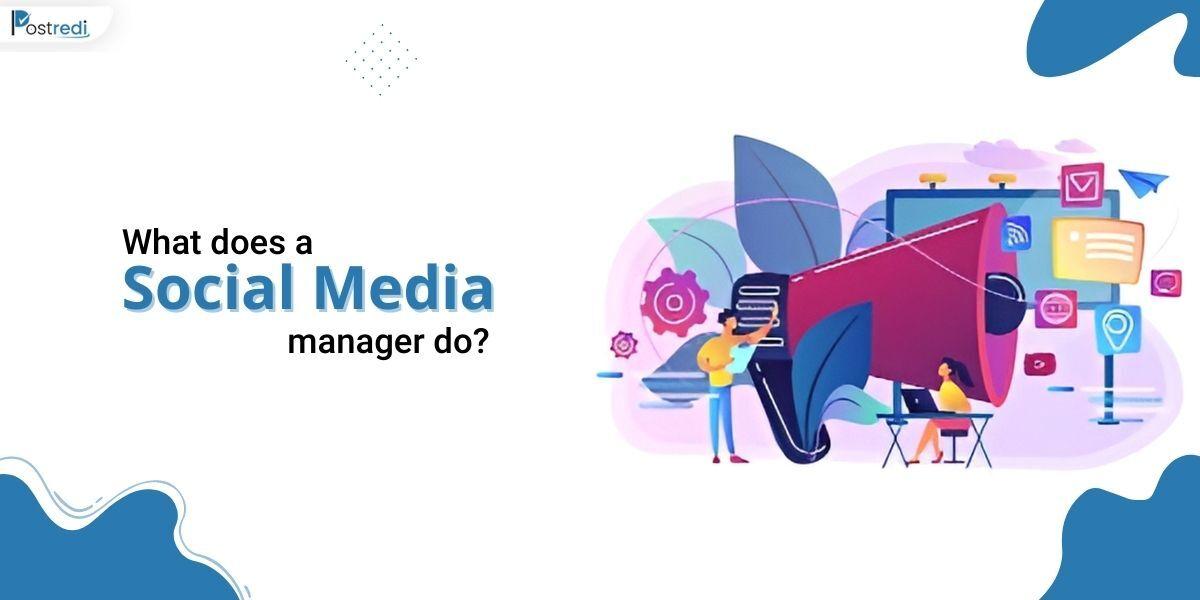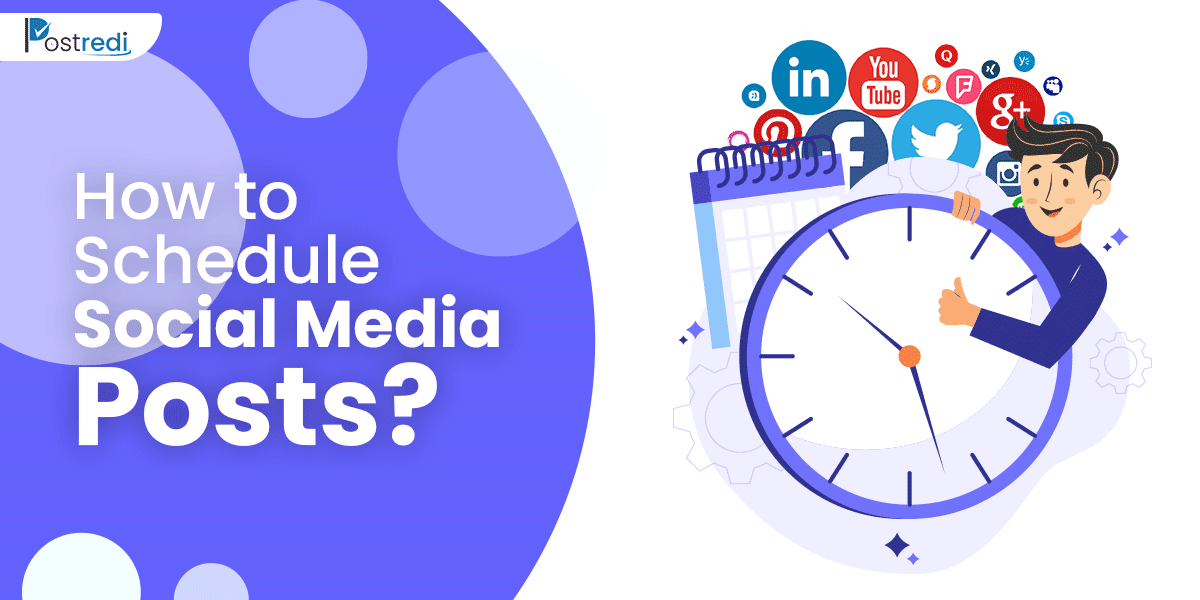Humans are naturally wired to seek validation and affirmation from time to time. We crave inclusion. It helps us improve our instincts and make connections with other people. However, social media has drastically changed our way of connecting with other people. And seeking validation from social media is the most common factor in play. We find a constant need to be liked and validated by “people on the internet”. In recent times, there has been a surge in mental health problems associated with social media.
One’s friendship is measured by being the first one to like or comment on a friend’s post. Popularity is defined by the number of heart reactions, views, and shares. So it’s natural to start imprinting notifications as happy pills, or popups of validation. Instead of posting what we like or agree with, we post the content that will get us more likes. When this inclusion and sense of validation is taken away from us, it ultimately leads to anxiousness and insecurity.
So what is this assurance seeking anyway? And how do I know it has turned into a problem? Let’s dive into the deets.
What is reassurance seeking?
Reassurance refers to removing one’s fears or doubts through words of comfort or advice, or even some encouraging actions. It can be in the form of compliments after you wear a nice dress, or asking someone to double-check the locks, and so on. Reassurance seeking, however, is a continuous act of finding validation to get rid of uncertainty or for social media safety tips. The more continuous it gets, the more troublesome it becomes. While teaching social media in schools, the students must also be taught about its negative impacts of it, and how its excessive usage leads to reassurance issues.
When does it become problematic?
If you become completely dependent on others’ reassurances over the same issue, that’s when things escalate downwards. The need for validation from social media becomes more frequent. And the underlying problem that has been triggering this need for validation gets more complicated. So how is social media adding to this problem?
Validation Seeking from Social Media
We might be consuming social media mindlessly, but whatever you consume leaves an impact. Social media, through its simple availability, taps into our human desire of connecting with people and seeking their approval. The more approval you get on your posts, the more sense of worth, recognition, and satisfaction you gain. We start doing things not for our pleasure but for the sake of getting liked by others, waiting for that certain notification to ring. With an increased number of followers and positive responses, you start sharing more details on social media after making social media strategy. Now whatever you do is not for your pleasure, but for theirs.
Excessive use of social media takes away the idea of mental, emotional, and spiritual relaxation. Other issues that arise out of the pressure of being liked by people include FOMO (fear of missing out), constant dissatisfaction, mood swings, people pleasing, feelings of loneliness without your phone, and chronic anxiety. This, of course, is just a gist.
So how to withdraw from this obsession, how to break away from this vicious cycle? We have compiled a few helpful tips that will help you acknowledge your need of seeking validation from social media and lean towards a more self-fulfilled life.
How to Stop Seeking Validation from Social Media
Not all interactions on social media are bad. We often end up creating a healthy social circle. Additionally, it is a perfect way to get to know and support people from different countries. Social media management and marketing are quite resourceful for small businesses as well. In sum, social platforms can benefit your mental well-being, but it all comes down to how and how much you use them. With excessive usage comes the problem of seeking validation from social media.
While it is not wrong to seek validation, clinging to the approval of others to make you feel fulfilled and valued is certainly not healthy. It not only affects your mood, but also harms your level of confidence, self-esteem, and relationships.
Here are a few steps you can take to avoid this downward spiral, and stop yourself from seeking validation from social media.
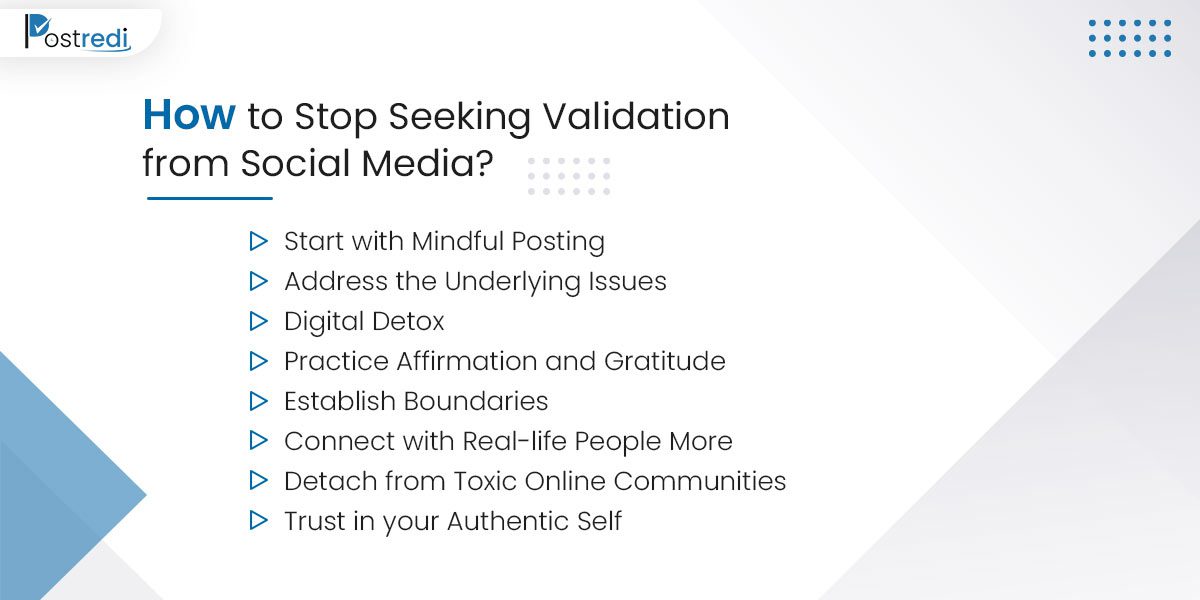
1- Start with Mindful Posting
Engage more often in mindful posting. Before you hit that share or post button, think of your motivation behind it.
- Find out your intent by questioning yourself “why am I posting this?”
- Consider the possibility that you might be posting this just to get approval from others.
- Ask yourself, “will I be unhappy or distressed if this post does not get a specific number of reacts, replies, or comments?”
If you find out that the reason for this certain Instagram story is to be complimented by everyone or be praised for your aesthetic sense, and so on, consider not posting it.
2- Address the Underlying Issues
It has been observed and studied that validation seeking in adults arises from the level of external validation you get in your childhood. It directly affects your attachment style later on. If you did not receive enough emotional validation, it, later on, contributes to:
- Trust issues.
- Fear of rejection.
- Confusing or unpredictable moods and behaviors.
- High levels of anxiousness.
Consider this the most important step in working towards breaking the validation-seeking cycle. Start using social media mindfully, to effectively understand and address your issues. Every time you scroll through your Facebook or Instagram feed, and a certain post triggers your bad mood or feelings of uneasiness, pause right there. Reflect on what you are feeling and understand which issue it’s triggering. Next, you can do is either unfollow such accounts or limit your use of that app.
Another problem-solving way to address your unhealthy connection with seeking validation on social media is to reflect and engage with your real-life relationships. If you want company, try ringing a friend, or a family member, going out, reading a book, or texting that person you game with, instead of constantly posting and waiting for notifications to appear.
3- Digital Detox
Now and then, we find research works proving that too much consumption of social media marketing leads to numerous mental health problems including low self-esteem, anxiety, and depression. So, it is crucial to practice digital detox once in a while.
Digital detox refers to refraining from using social media, smartphones, or laptops, for a certain period. You can start with a few hours of digital detox a day, and gradually increase it till you find yourself not dependent on it anymore. By taking breaks from technology and spending time doing other healthy activities, you will be able to ease your anxiety and stress.
4- Practice Affirmation and Gratitude
Instead of seeking external validation from social media, turn towards internal validation. Once a day, feed your mind with some positive statements about yourself. Try countering the negative self-talk that is mainly rooted in overthinking, anxiety, and insecurities. These statements, either coming from y from someone else ruin your self-esteem and confidence. So, instead of waiting for social media to acknowledge your worth, trust in your capabilities and surround yourself with positive energy from time to time.
Another good way to boost your self-esteem and improve your mood is by practising gratitude. Start your day with different morning routines and at the end of the day, write three things that you are thankful for. You can keep a gratitude journal which will later be something to cheer you up on bad days. This practice makes you more self-compassionate and self-sufficient.
5- Establish Boundaries
In our constant need to connect and get validated, we often forget to use social media in a healthy, thoughtful, and responsible way. So, remember to establish boundaries with your followers. It will also help you detox your account, blocking the ones that break those boundaries. It will help you create a safe online space for yourself where you feel comfortable sharing things with your audience. Establishing boundaries ultimately gives you an account of your needs and helps you find a healthy way to balance your online life.
6- Connect with Real-life People
If you are constantly present on social media, you can constantly be absent from your daily life and the people around you. Practice solitude and connect with people you meet daily. Try holding meaningful conversations with your friends. Remember that no amount of digital validation can replace real-life validation and appreciation from the people we care about.
7- Detach from Toxic Online Communities
When you try to seek reassurance or validation from others, ask yourself, if the person you are leaning toward is emotionally intelligent or not. If they have previously violated your boundaries or exploited your emotional vulnerability, it’s best to detach yourself from such people. You can do this by practising social media safety tips.
In case you own a public account, remove such followers from your socials or practice detachment from them. If you do not feel safe around them, you do not need their validation. It’s crucial to reduce interaction with people on social media who trigger emotional distress in you.
8-Surround Yourself with Supportive Networks
Reflect on your current social circle on social media and ask yourself:
- Do they emotionally deplete me or are they encouraging?
- Are there groups or supportive communities that can help me with emotional validation?
By connecting with professionals and various support groups, you will eventually be able to build a strong healthy social network.
9- Trust in your Authentic Self
Instead of moulding yourself to the likes of others, trust in your authentic self. Create stories or make reels but be mindful of the reason behind creating and sharing posts. Does it resonate with or reflect who you are as a person or your only purpose is to be liked by a certain group of followers?
By answering questions of such nature, you will gradually start prioritizing self-validation and authenticity over seeking validation from social media. Keep in mind that you don’t have to post everything about your life publically.
What Happens when you Break the Cycle?
Once you find your way out of this validation-seeking cycle, you will be able to recognize and validate your worth. Now you can finally stop relying entirely on others for your happiness. Other than that, here are two important benefits you get out of this process.
1- A Healthy Mindset
We often limit ourselves and our potential because we are afraid of losing someone’s validation and approval on social media. It ultimately corrupts one’s mindset. By preserving yourself through such risks, you will achieve a healthy, growth mindset. This is an important contributor to achieving success in life.
Social media feeds us a common lie that success comes easy. One can observe this from the portrayal of any influencer’s life. By comparing ourselves with them, we ultimately start feeling inferior. Eventually, we lose sight of our hard work and efforts.
But by detaching yourself from social media and validation-seeking, you will notice a healthy shift in your mindset. You will find more value in learning and growing on your own, validating each step you take toward your goals. The best kind of recognition is to be proud of yourself for the milestones you have surpassed.
2- Increased Confidence
Self-confidence is the key to a fulfilling life. And there is no better way to boost self-confidence than to break free from seeking validation from social media. By reducing our dependence on others, we start relying more on ourselves, questioning the reasons behind our choices. In doing so, we get a better understanding of the meaning behind our actions and project ourselves confidently.
Let’s Recap
The use of social media can be perceived as both resourceful and toxic. It comes down to how you choose to use it. The nagging feeling of getting validated by everyone on the internet leaves you anxious, and depressed, and drastically reduces self-confidence. Hence, it is important to attain self-validation, not just to boost your confidence but also to develop a healthy mindset.





